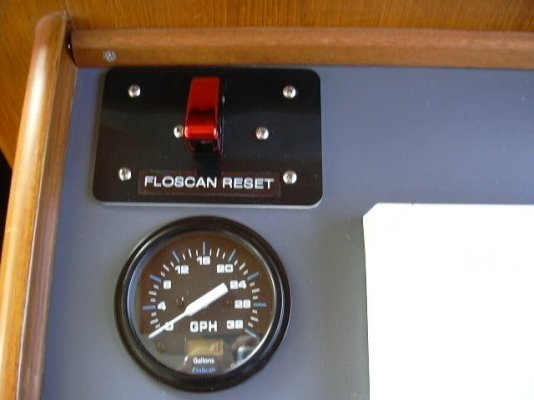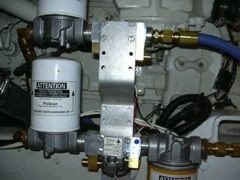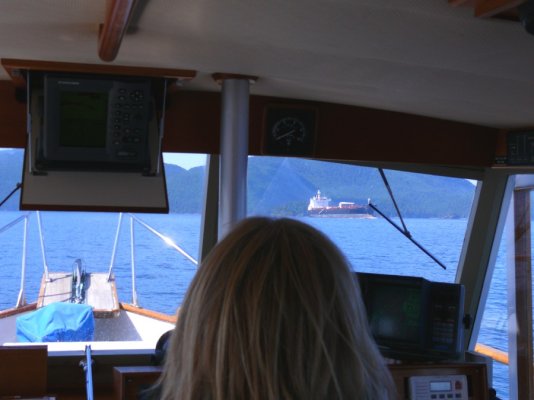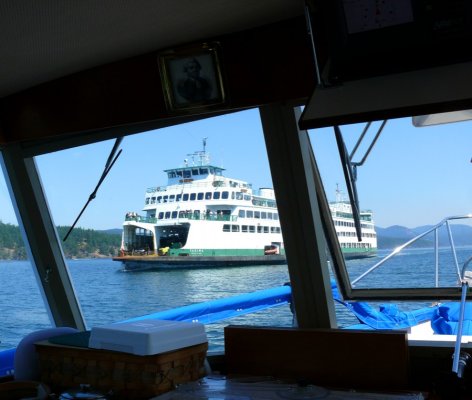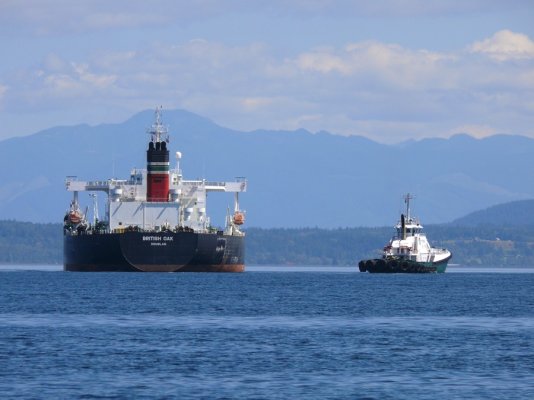Well, it hung on a few months longer than the rest of the continent but Loran-C in the PNW is officially dead now.* Most of the Loran stations were shut down back in Februrary or so but the PNW chain was left on, apparently because one of the stations is in BC and the Canadians had a different timetable for turning it off.
But when we went out this past weekend we were getting this loud beep alarm every eight to ten minutes*from the navigation panel we hadn't heard before.* I thought it was something in the multi-function depth/knot/time/etc display that I'd inadvertently turned on but eventually found that it was the alarm in the nice Furuno Loran-C unit that had come with the boat.* The signal indicators were blinking and the position was not being updated.
So that's that.* Now I've got to figure out what to put in the hole in the panel.**We don't need another radio, we've already got two independent dedicated GPS chart plotters, and we have a loud hailer/intercom.* So I'm thinking maybe a nice wind speed/direction indicator like we had on the racing*sailboats I crewed on.
-- Edited by Marin on Tuesday 24th of August 2010 11:24:40 PM
But when we went out this past weekend we were getting this loud beep alarm every eight to ten minutes*from the navigation panel we hadn't heard before.* I thought it was something in the multi-function depth/knot/time/etc display that I'd inadvertently turned on but eventually found that it was the alarm in the nice Furuno Loran-C unit that had come with the boat.* The signal indicators were blinking and the position was not being updated.
So that's that.* Now I've got to figure out what to put in the hole in the panel.**We don't need another radio, we've already got two independent dedicated GPS chart plotters, and we have a loud hailer/intercom.* So I'm thinking maybe a nice wind speed/direction indicator like we had on the racing*sailboats I crewed on.
-- Edited by Marin on Tuesday 24th of August 2010 11:24:40 PM

